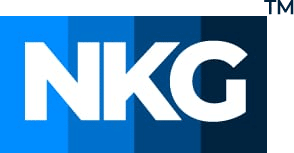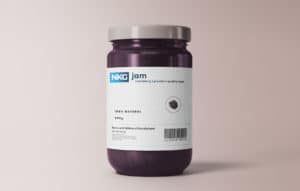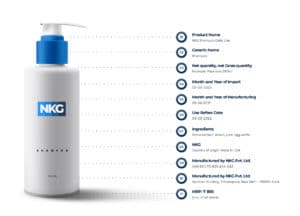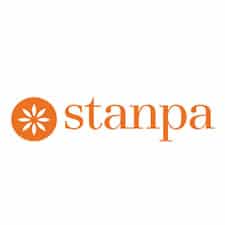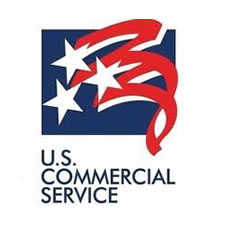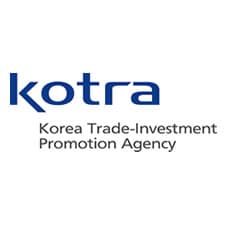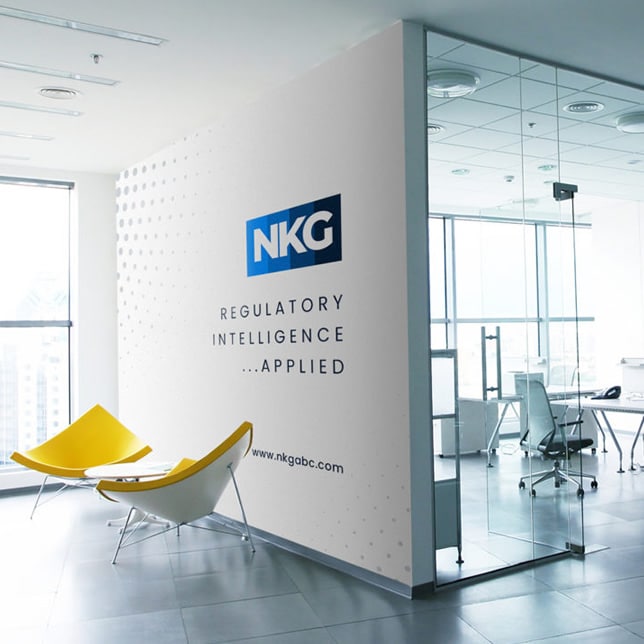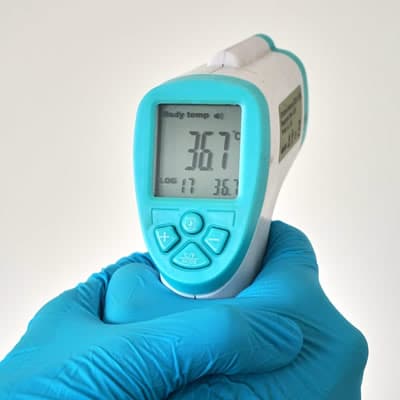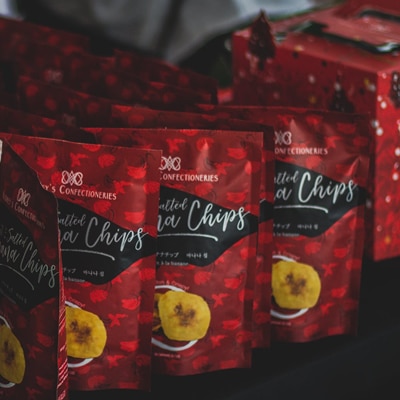FSSAI License
About the FSSAI State License
Let’s delve into the intricacies of FSSAI State License, a vital aspect post business entity registration. For those immersed in the food industry—be it hawkers, itinerant vendors, temporary stall holders, food distributors, or those engaged in the manufacturing, transportation, storage, or distribution of food products—a prerequisite is obtaining FSSAI Registration or FSSAI License basis their eligibility criteria before commencing operations.
Know More
FSSAI License
About the FSSAI Central License
The oversight of India’s food industry rests in the hands of the Food Safety and Standards Authority of India (FSSAI), an autonomous body under the Ministry of Health and Family Welfare. Enacted through the Food Safety and Standards Act, 2006, the FSSAI plays a pivotal role in subjecting food products to rigorous quality checks, mitigating adulteration, and curbing the sale of substandard goods.
Know MOre
FSSAI License
About the renewal of FSSAI License
The Food Safety and Standards Authority of India (FSSAI) plays a pivotal role in overseeing and enforcing nationwide food safety protocols. Yet, navigating the labyrinth of FSSAI renewal can prove daunting, entailing a myriad of regulations, documentation, and temporal constraints. Fear not, for this guide is your compass through the process. Whether you preside over a dining establishment, helm a food production unit, or orchestrate distribution, grasping the nuances of FSSAI renewal is indispensable for preserving consumer confidence and legal adherence. Embark on this exploration, unlocking the mysteries of FSSAI renewal to guide your food enterprise toward prosperity and security.
Know More
Who can Apply for FSSAI License?
About the FSSAI License
FSSAI is a regulatory authority of India that issues registration licenses to FBOs based on the nature and scale of the business, location and annual turnover. FBOs are those who are involved in activities related to the manufacture, sale, distribution, packaging, processing, storage, transportation, import, export and service of food and food ingredients. FSSAI licenses are categorised as Registration, State License, and Central License.
|
Registration
|
State License
|
Central License
|
|
FBOs with an annual turnover of below 12 Lakhs are eligible for Basic License Registration with Form A.
|
FBOs with an annual turnover between 12 -20 crores are eligible for State License Registration with Form B.
|
FBOs with an annual turnover of above 20 crores are eligible for Central License Registration with Form B.
|
|
Daily production, procurement or distribution of milk is upto 500 litres of milk per day (or) 2.5 MT of milk solids per annum.
|
Dairy Units (processing and chilling units) with capacity of 500 – 50,000 litres of milk per day (or) 2.5 MT – 2,500 MT of milk solids per annum.
|
Daily units involved in the production, procurement or distribution of milk – upto 50,000 litres of milk per day (or) a capacity of 2500 MT of milk solids per annum.
|
|
|
Meat processing of upto 500 kgs of meat per day (or) annual processing capacity is 150 MT.
|
Meat processing exceeds 500 kgs of meat per day (or) annual processing capacity is 150 MT.
|
|
Slaughtering capacity is not greater than 2 large/10 small animals or 50 poultry birds per day.
|
Slaughtering capacity is 3-50 large/11-150 small animals or 51-1000 poultry birds per day.
|
Slaughtering capacity is greater than 50 large/150 small animals or 1000 poultry birds per day.
|
|
Production capacity of food products (excluding milk and meat) doesn’t exceed 100kg/ltr per day
|
Vegetable Oil Processing Units with a capacity of upto 2 MT per day
|
Vegetable Oil Processing Units with a capacity greater than 2 MT per day
|
|
Some examples include small-scale hawkers, food producers, retailers, charity food distributors, itinerant vendors/stall holders, vendors involved in the production and sale of meat and milk.
|
Some examples include small- to medium-sized food producers, grains, cereals and pulses milling units, storage units, transportation, retail, marketers, restaurants and distributors among others.
|
Some examples include mid- to large-sized FBOs such as Importers & Exporters, eCommerce Food Businesses, production/processing units, Food operators in Railway Stations, Airports, Seaports, etc.
|
apply for registration now
